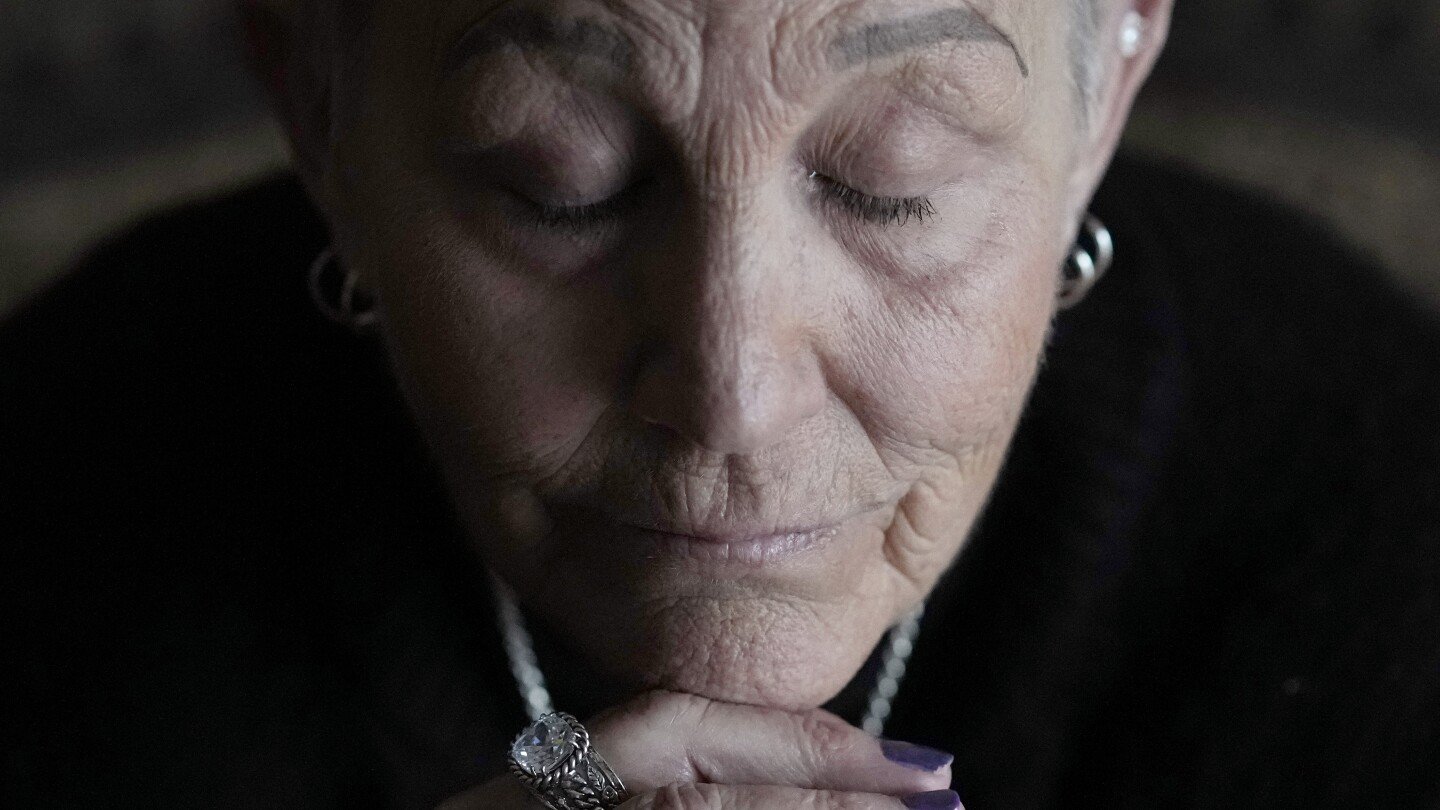On a brisk day at a restaurant outside Chicago, Deb Robertson sat with her teenage grandson to talk about her death.
She’ll probably miss his high school graduation. She declined the extended warranty on her car. Sometimes she wonders who will be at her funeral.
Those things don’t frighten her much. The 65-year-old didn’t cry when she learned two months ago that the cancerous tumors in her liver were spreading, portending a tormented death.
But later, she received a call. A bill moving through the Illinois Legislature to allow certain terminally ill patients to end their own lives with a doctor’s help had made progress.
Then she cried.
“Medical-aid in dying is not me choosing to die,” she says she told her 17-year-old grandson. “I am going to die. But it is my way of having a little bit more control over what it looks like in the end.”
That same conversation is happening beside hospital beds and around dinner tables across the country, as Americans who are nearing life’s end negotiate the terms with themselves, their families and, now, state lawmakers.



I’m aware. She chose not to go that route, and I can’t say I blame her really. She cared for both of her parents when they died of cancer, and having done that as well, yeah. I still wouldn’t go for highly toxic treatment either, even if it does have a better chance caught early. Screw that; I’m already full of medical issues, don’t need to feel worse.
I’ve already undergone genetic testing due to family cancer history. I’m clean for maladaptive genes, as far as they know for now (I have several unknown mutations, I get letters in the mail every few years when they figure one of them out). But the world is a lot more polluted than it used to be, and I haven’t always made the healthiest choices in life, so… meh.
Like I said, if treatments change maybe, but I’m not injecting a toxic cocktail. And a lot of early-detection cancers they find and treat aren’t ever going to kill a persons anyway because they are too slow growing. So even that early screening isn’t without risk.